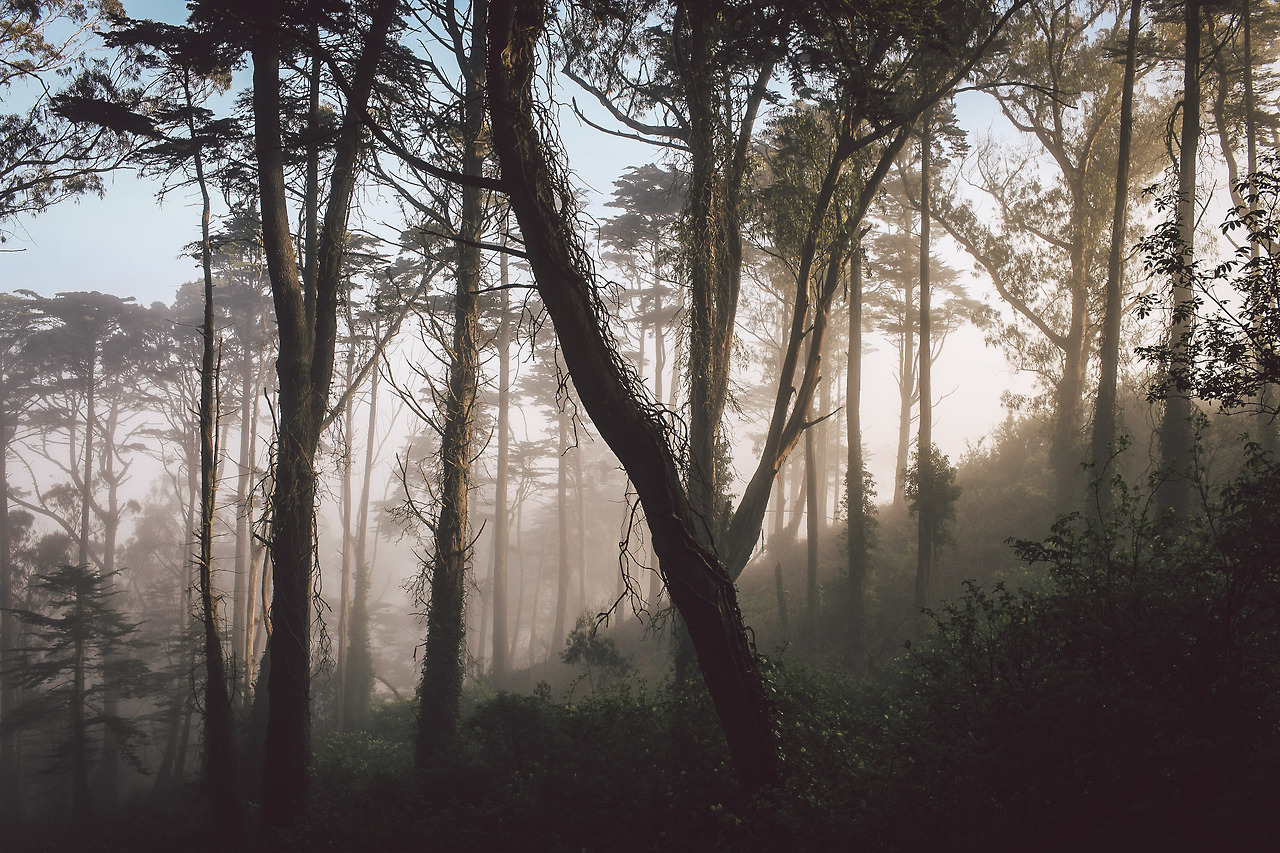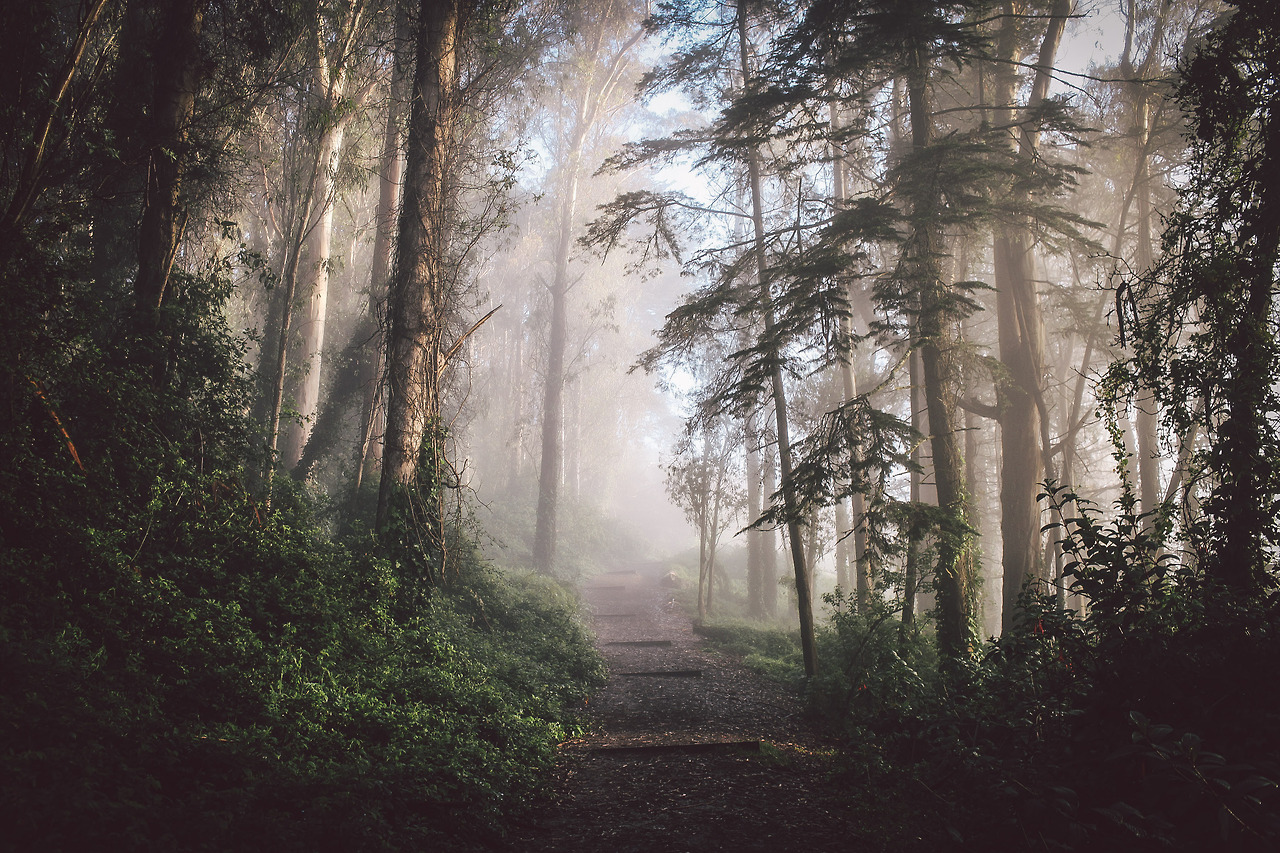In my writing below I have borrowed many of the author’s original sentences, as I respond to Francis Weller’s foreword found in Choosing Earth, by Duane Elgin
The sheer weight of [today’s] personal and collective sorrows is enough to crush our hearts, forcing us to turn away and find solace in anesthesia and distraction. When we come together, however, and share these stories of sorrow in grief rituals, something begins to change. When our sorrows are witnessed and held within a community of compassion, grief can surprisingly turn to joy, to a love emboldened for all that surrounds us.
Love and loss have been eternally entwined. To acknowledge our grief is to free our love to fall outwards into the waiting world. Something is stirring in the depths of the times. Our collective denial appears to be cracking. We can no longer deny the fact that the world is radically changing. We sense in our bones the breakdowns occurring and, along with it, our hearts feel weighted with grief.
It may be our shared sorrows, stirred by our love of this singular, irreplaceable planet, that will ultimately activate our communal commitment to respond to the rampant denigration of the world. Robin Wall Kimmerer writes, “If grief can be a doorway to love, then let us all weep for the world we are breaking apart so we can love it back to wholeness again.”
Duane Elgin’s Choosing Earth is a demanding book that asks us to participate in the most difficult transition humanity will ever have to make. It asks us do the hard work of turning into the coming waves of breakdown, bewilderment, chaos, and loss.
The planet has already radically and irreversibly changed, and it is now up to us to respond. Our collective job, as leaders in the communities we live in: to shepherd our communities through this time of collective initiation in order to reach our potential as responsible adults, collaborating in the creation of a healthy and vibrant community of all beings. The future is not set and each of us is a makeweight in the shaping of what is to come.
We are entering what could be called the Long Dark. I say this not with a note of despair, or with an attitude of hopelessness, but, instead, recognizing and valuing the necessary work that can take place only in the dark. Certain things can happen only in this grotto of darkness. Think of the wild network of roots and microbes, mycelium, and minerals, making possible all that we see in the day world, or the extensive networks within our own bodies, bringing blood, nutrients, oxygen, and thought to our corporeal lives. All of it happening in the darkness.
Even our basic trust in the future has been shaken as we awaken to the emerging climate crisis and erosion of the social fabric. As a result, we now face a vital truth: We are entering a rough initiation.
Uncertainty has come into our homes and found its way into each of our lives. As we slowly digest the contents of Choosing Earth, we come to realize that we are tumbling through a rough initiation, with radical alterations occurring in our inner and outer landscapes — simultaneously deeply personal and wildly collective, binding us to one another.
The deep work of traditional initiations was meant to dislodge an old identity. The process was designed to produce enough intensity and heat to cook the soul and prepare initiates to take their place in the care and maintenance of the commons. It was never about the individual. It was not about self-improvement or making them into someone better. No. Initiation was an act of sacrifice on behalf of the greater community into which the initiate was brought and to which he or she now holds allegiance. They were being readied to step into their role of maintaining the vitality and well-being of the village, the clan, the watershed, the ancestors, and the continuum of generations to come. We do not want to come out of these turbulent times the same as we went in, personally or collectively. At this moment in history, we need to respond to radical change. Our rough initiation is bringing about the death of our collective adolescent identity. It is time to ripen.
So now what?
How do we navigate this tidal surge of uncertainty?
How do we engage the world in the absence of the ordinary?
We need strategies to help us across this tremulous threshold into a planetary civilization. we need to amplify the potency of the adult. We need to step more fully into a far more robust identity, rooted in soul. We must become immense, capable of welcoming all that arrives at the gateway to the heart.
Through our long apprenticeship with sorrow we believe we can find and share a spaciousness capable of holding it all — the loss and the beauty, the despair and the longing, the fear and the love. Our goal is to become immense. The way we walk softens the heart and we feel our connection with the wider, sentient world expanding. We come home. We sense a diminishing distance between us and others. Our identities become permeable, and we feel a growing kinship with the human and more-than-human community. A new reverence for life emerges as we sense the living presence of the Earth as an organism embedded in a living cosmos. This is our dawning experience of a possible future for the Earth.
Through the Watershed Way here in Taos, we can see that a more mature humanity is emerging— but it is tender, vulnerable, and fragile. If we want to be a portal for our Taos community to enter what Elgin calls “The Great Transition,” we are required to return to humility again and again. Our work is to protect this emerging sensitivity and pass it along to the generations that follow. Each successive generation can fortify this evolving awareness, adding its own understandings, practices, rituals, songs, stories, and more — until it becomes a robust presence in accord with the evolving cosmos.
As we mature as a species, we enter a more reciprocal relationship with the Earth. We are called to strengthen the values and practices that help sustain the body of this exquisite world. Values such as respect, restraint, gratitude, and courage help to fortify our ability to stand and protect what we love.
Reverence and humility remind us that our lives co-mingle with all life. What affects one strand on the web affects all. We are here to participate in the ongoing creation, to offer our imagination, affection, and devotion to sustaining the world. Elgin makes the need clear: we must cultivate a robust collective of adults whose primary allegiance is to the life-giving world on which we depend. We must be able to feel our loyalties to watersheds, migratory pathways, marginalized communities, and the soul of the world. We must feel the bedrock of our aliveness, and the reality of our wild and exuberant lives. Initiation tempers the soul, drawing out its hidden essence and calls forth the medicine we came to offer this stunning world.
Initiation ripens us and readies us for greater participation in the care of the cosmos. This is at the heart of why we are here as a species. Our cosmological purpose is to keep the dream of the world alive. There is beauty, dignity, and grandeur in that calling. It is becoming increasingly clear that this realization must become deeply embedded in the hearts and souls of people in the coming decades. In essence, we are being asked to consecrate our lives, to practice reverence in our actions. This is the first truth that must settle into the bones of anyone who undergoes this planetary initiation. In addition, initiation implies soul medicine. We are asked to give away the particular gifts we came here to offer. Initiation also loosens the tight collar of civilization and leads us to reclaim the wildness within. The grip on our domesticated psyche relaxes and we are able to enter a multi-centric world where everything possesses soul and is a form of speaking. And one last truth that comes with initiation: We are asked to build a house of belonging that can extend places of welcome to those who feel unseen and disconnected.
Further reflections
In Duane Elgin’s most recent book, humanity is being asked to choose earth, and I for one say yes. I am answering the call to jump in to what Francis Weller calls the most difficult transition humanity will ever have to make. We are being asked to not turn away, but instead to do the hard work of turning into the coming waves of breakdown, bewilderment, chaos, and loss. And I for one am saying yes.
I am preparing to embrace and be ready for what Weller calls the Long Dark. I say this not with a note of despair, or with an attitude of hopelessness, but rather I am pledging myself to help in the necessary work that can take place only in the dark.
I am preparing myself to be a guide and a refuge through what Weller calls our rough initiation. Whether we are ready or not, in the coming years there will be some radical alterations occurring in our inner and outer landscapes — simultaneously deeply personal and wildly collective, binding us to one another. I aim to be present and awake and inviting in this period of cultural, social and economic upheaval.
We are asked to build houses of belonging that can extend places of welcome to those who feel unseen and disconnected, and I for one say yes. I’m dedicating myself to creating and supporting multi-cultural, multi-spiritual, multi-class, multi-generational spaces where our sorrows may be witnessed and held within a community of compassion, where grief can surprisingly turn to an unexpected joy, and where the bold love of a fierce mama bear can be offered in service to protect and cherish all that surrounds us.
We are being asked to consecrate our lives, to practice reverence in our actions. We are being asked to go through this rough initiation with a surrendered heart, and turn this initiation into soul medicine. We are being asked to surrender ourselves to the land and to all our relations, to give away the particular gifts we came here to offer.
Our job: to shepherd our community through this time of collective initiation in order to reach our potential as responsible adults, collaborating in the creation of a healthy and vibrant community of all beings.
I am responding to Robin Wall Kimmerer’s call to let my grief be a doorway to love, to weep for the world we are breaking apart so we can love it back to wholeness again.
I intend to be a midwife and a navigator as our culture sheds old identities and stumbles into something new. dislodge an old identity. As a guide I intend to embrace the intensity and heat necessary to cook our souls as a collective, so we might become elders and servant leaders robust enough to maintain the vitality and well-being of the village, the clan, the watershed, the ancestors, and the continuum of generations to come. I want to lean into the teachings of this rough initiation as it brings about the death of our collective adolescent identity, and I want to help my bioregion discover a new normal in which all can thrive.
Elgin and Weller say we must become immense. Through this rough initiation, we must become capable of welcoming unprecedented levels of grief and joy, responsibility and possibility. I have never known how to do this, but I am not afraid to try. I will tap into the wisdom of mentors, allies, and my own prophetic imagination to develop strategies and methods to help us walk through this Long Darkness, across this tremulous threshold, and into a planetary civilization that honors all our relations.
But grief, unfixable and unconsolable grief, may be our most common visitor. Our wise ones warn that our ability to stay present to the tidal wave of loss ahead will depend upon an essential skill I am unfamiliar with: to take up an apprenticeship with sorrow. This gives me pause, but I’m slowly understanding that, as we move forward into the Long Dark, we will need to learn to welcome the pervasive and encompassing presence of grief, and hold it in the communities we create. Someday, my own too-big-to-be-contained pain may find its freedom in others’ witnessing of it. I can only trust the wise ones who tell me that we as a people possess the capacity to metabolize this sorrow, turning it into something medicinal for our soul and the soul of the world.
Weller says one of the essential practices my community and I will need is the ability to hold one another in times of grief and trauma. This is a foreign skill for me and most of my fellows that has been lost under the extreme weight of individualism and privatization, especially in Western, industrial cultures. This has had a profound impact on how we process and metabolize our personal encounters with loss and intense emotional experiences. Without the familiar and reliable container of community, these times can leave us shattered and shaken, frightened and unsure of our next step.
I can only trust Francis Weller when he says that through a long apprenticeship with sorrow, I might find and share a spaciousness, a soul space capable of holding it all — the loss and the beauty, the despair and the longing, the fear and the love. This is how I hope to become immense, and open an expanding connection with the wider, wilder sentient world. Over the past many years, through wildland treks, through yurt living, through mushroom journeys, through wilderness vision quest and fasting, through earth sabbath, and through following a social-spiritual path in Taos that we call the Watershed Way, I have been experiencing a growing kinship with the human and more-than-human community. Indeed, a new reverence and fierce protective instinct for life has emerged as I have felt the pulsing, living presence of the Earth as an organism embedded in a living cosmos.
This changed heart—and changed perspective—has shown me a dawning experience of a possible future for the Earth. Through the Watershed Way I see that a mature humanity is emerging— but it is tender, vulnerable, and fragile. If we want to be a portal for our Taos community to enter what Elgin calls “The Great Transition,” we are required to return to humility again and again.
It seems my work will be to protect this emerging sensitivity and pass it along to the generations that follow.
My work may be to help develop structures and systems such as the Watershed Way so that each successive generation can fortify this evolving awareness, adding its own understandings, practices, rituals, songs, stories, and more — until this awareness produces human collectives who can live in reverence and humility and gratitude, in accord with the evolving cosmos. We are transition people, and my calling seems to do my part to lead humans on our own exodus away from a culture of domination and toward a kinship culture.
I am choosing earth, and heeding the authors’ call: Yes, I am here to participate in the ongoing creation, to offer my imagination, affection, and devotion to sustaining the world. I will do my part to cultivate a robust collective of adults whose primary allegiance is to the life-giving world on which we depend. I pledge allegiance to the precious earth, and help others also to re-claim our loyalties to watersheds, migratory pathways, marginalized communities, and the soul of the world.
I am ready for this time of initiation to ripen me and ready me for greater participation in the care of the cosmos. This is at the heart of why I am here, and why we are here as a species: we are here to keep the dream of the world alive. There is beauty, dignity, and grandeur in this calling. This is my fierce yes. This is me, choosing earth.


